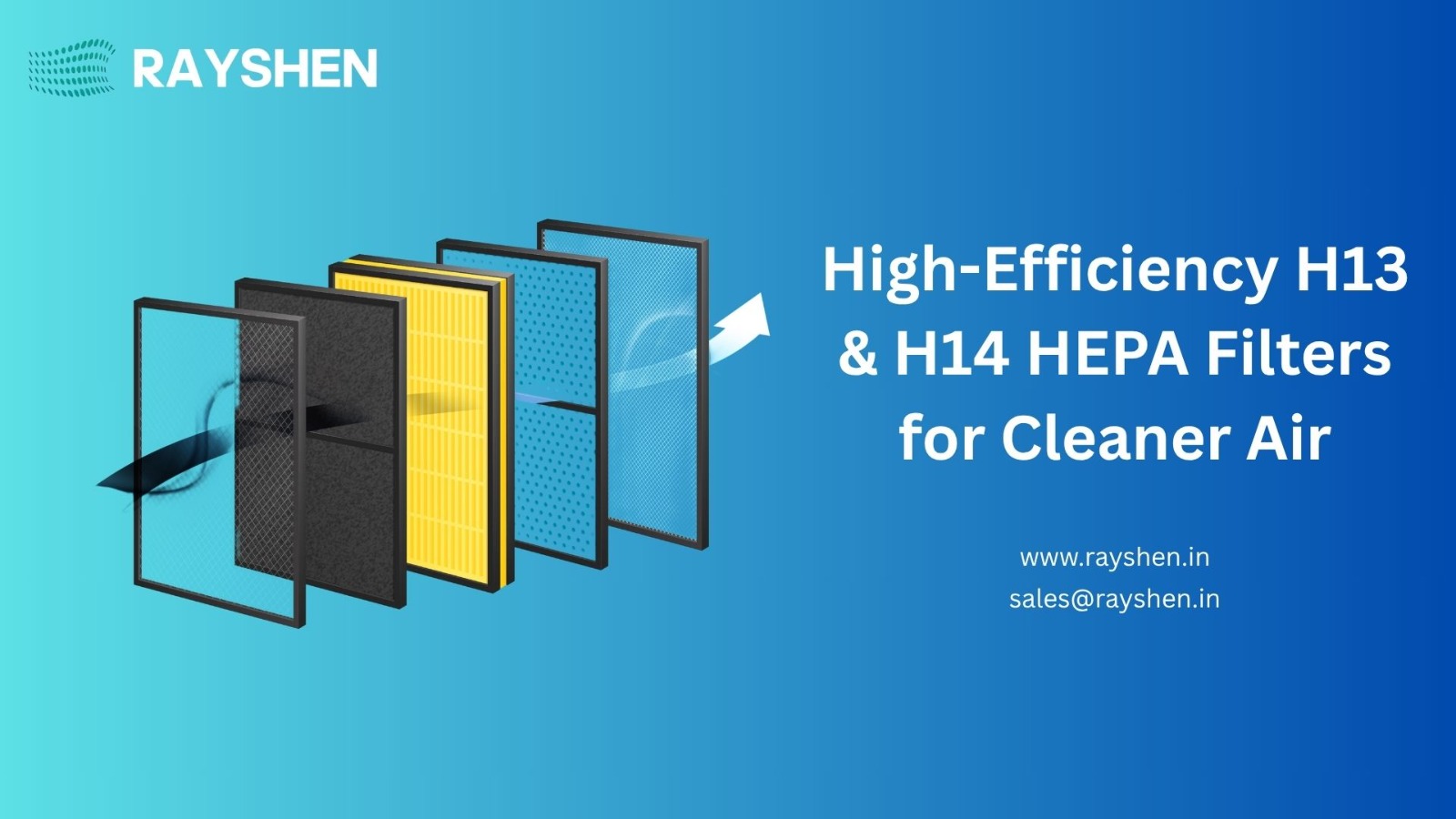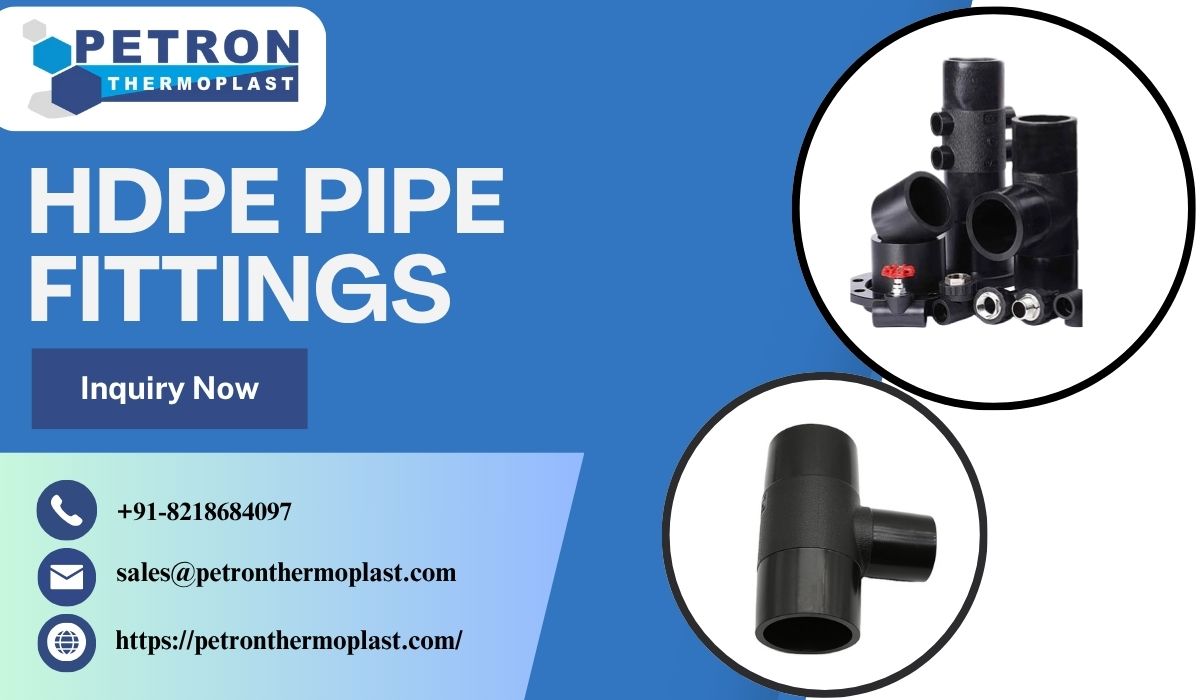In the food and beverage industry, maintaining cleanliness and air quality is just as important as using fresh ingredients. Even the smallest airborne contaminants — dust, mold spores, or bacteria — can affect the safety, flavor, and shelf life of products. To meet strict hygiene and safety standards, manufacturers rely on advanced air filtration systems, particularly H13 HEPA filters.
At Rayshen Environmental Pvt. Ltd., we provide high-performance H13 filters that ensure superior air purity and hygiene control in production environments. In this article, we’ll explore how H13 HEPA filters play a vital role in keeping food and beverage facilities safe, compliant, and contamination-free.
1. Understanding What an H13 HEPA Filter Is
An H13 HEPA filter is a high-efficiency air filter designed to capture 99.95% of airborne particles that are 0.3 microns or larger. These filters belong to the HEPA (High-Efficiency Particulate Air) classification, as defined by EN 1822 and ISO 29463 standards.
The H13 filter provides a level of air purification that removes fine dust, bacteria, mold spores, and other contaminants that are invisible to the naked eye. This makes it ideal for food processing zones, packaging areas, and clean storage environments — where even a single airborne contaminant can compromise product safety.
2. The Importance of Air Quality in Food and Beverage Production
Airborne contamination is one of the most overlooked hazards in food production. Dust, microorganisms, and oil vapors can enter the production line through ventilation systems or during open handling processes.
If not controlled, these contaminants can:
- Cause spoilage and off-flavors in products.
- Lead to microbial growth and foodborne illnesses.
- Reduce product shelf life.
- Result in costly product recalls or regulatory penalties.
By integrating H13 filters into HVAC systems or cleanroom air supply modules, food manufacturers can achieve superior air purity — minimizing contamination risks and ensuring consistent product quality.
3. How H13 Filters Work in Clean Air Systems
H13 HEPA filters operate through multiple filtration mechanisms to trap particles effectively:
- Interception: Captures particles that move along airflow paths and touch filter fibers.
- Impaction: Stops larger particles that cannot maneuver around the fibers.
- Diffusion: Traps ultra-fine particles (like bacteria) moving randomly through Brownian motion.
The result is a highly purified airflow that prevents external contaminants from entering production zones.
At Rayshen Environmental Pvt. Ltd., our H13 filters are manufactured with precision-sealed frames and fine glass fiber media to ensure maximum filtration efficiency and minimal air leakage — ideal for cleanroom environments in food processing.
4. Key Applications of H13 Filters in the Food and Beverage Industry
H13 filters are used throughout the food and beverage sector in multiple applications where hygiene is non-negotiable:
a) Food Processing Areas
H13 filters ensure that the air surrounding open food during processing or mixing remains free of airborne contaminants.
b) Packaging and Filling Zones
During packaging, unfiltered air can carry particles that compromise product integrity. H13 filtration ensures aseptic conditions, especially for dairy, beverage, and snack packaging.
c) Cold Storage Rooms
In temperature-controlled environments, H13 filters help control microbial growth and prevent contamination during long storage cycles.
d) Bakeries and Confectioneries
Air filtration helps prevent flour dust, yeast spores, and other particulates from circulating — improving hygiene and product consistency.
e) Beverage Bottling Plants
H13 HEPA filters play a crucial role in maintaining sterile air in bottling and capping zones, where contamination risks are highest.
5. Advantages of Using H13 Filters in Food Production
Implementing H13 filters in air handling systems offers several key benefits that enhance food safety and production hygiene:
- Superior Filtration Efficiency: Captures 99.95% of airborne particles ≥0.3 microns.
- Microbial Control: Reduces airborne bacteria, spores, and mold contamination.
- Compliance with Standards: Helps meet ISO 14644, HACCP, and GMP guidelines.
- Improved Product Shelf Life: Prevents microbial growth and oxidation.
- Cleaner Work Environment: Creates safer, more hygienic working conditions for staff.
- Consistent Air Quality: Maintains cleanroom-level purity throughout production.
With these benefits, H13 filters have become an essential investment for any modern food and beverage manufacturer aiming for superior hygiene and compliance.
6. H13 vs. H14: What’s the Difference?
Both H13 and H14 are high-efficiency HEPA filters, but the difference lies in filtration performance:
- H13 Filters: 99.95% efficiency (suitable for most food and beverage clean zones).
- H14 Filters: 99.995% efficiency (used in ultra-clean environments like pharmaceuticals or semiconductors).
For most food production environments, H13 filters offer the ideal balance between efficiency, airflow, and cost-effectiveness — ensuring both hygiene and energy efficiency.
7. Maintenance Tips for H13 Filters
To ensure long-term performance and hygiene, H13 filters must be maintained correctly. Here are some essential tips:
- Regular Inspection: Check for dust buildup or pressure drops monthly.
- Pre-Filter Maintenance: Clean or replace pre-filters to extend the H13 filter’s lifespan.
- Leak Testing: Conduct DOP or PAO tests periodically to ensure seal integrity.
- Timely Replacement: Replace filters when pressure drop exceeds recommended limits.
Rayshen Environmental Pvt. Ltd. offers expert guidance and support for filter maintenance to ensure your air systems remain efficient and compliant year-round.
8. Why Choose Rayshen H13 Filters
At Rayshen Environmental Pvt. Ltd., we specialize in high-performance air filtration solutions designed to meet the unique demands of cleanroom and hygienic environments. Our H13 HEPA filters are:
- Built with high-grade filtration media for reliable particle capture.
- Available in custom sizes and frames to fit various HVAC systems.
- Tested and certified to meet EN 1822 and ISO 29463 standards.
- Designed for energy efficiency and long operational life.
Whether you’re upgrading an existing food production facility or setting up a new clean processing zone, Rayshen H13 filters offer proven protection, performance, and purity.
Conclusion
In today’s competitive food and beverage industry, air quality directly impacts product safety, hygiene, and consumer trust. H13 HEPA filters are the backbone of clean air systems — ensuring that every stage of production, from mixing to packaging, happens in a contaminant-free environment.
By integrating Rayshen H13 filters, manufacturers can achieve compliance, improve air hygiene, and enhance overall operational efficiency.


